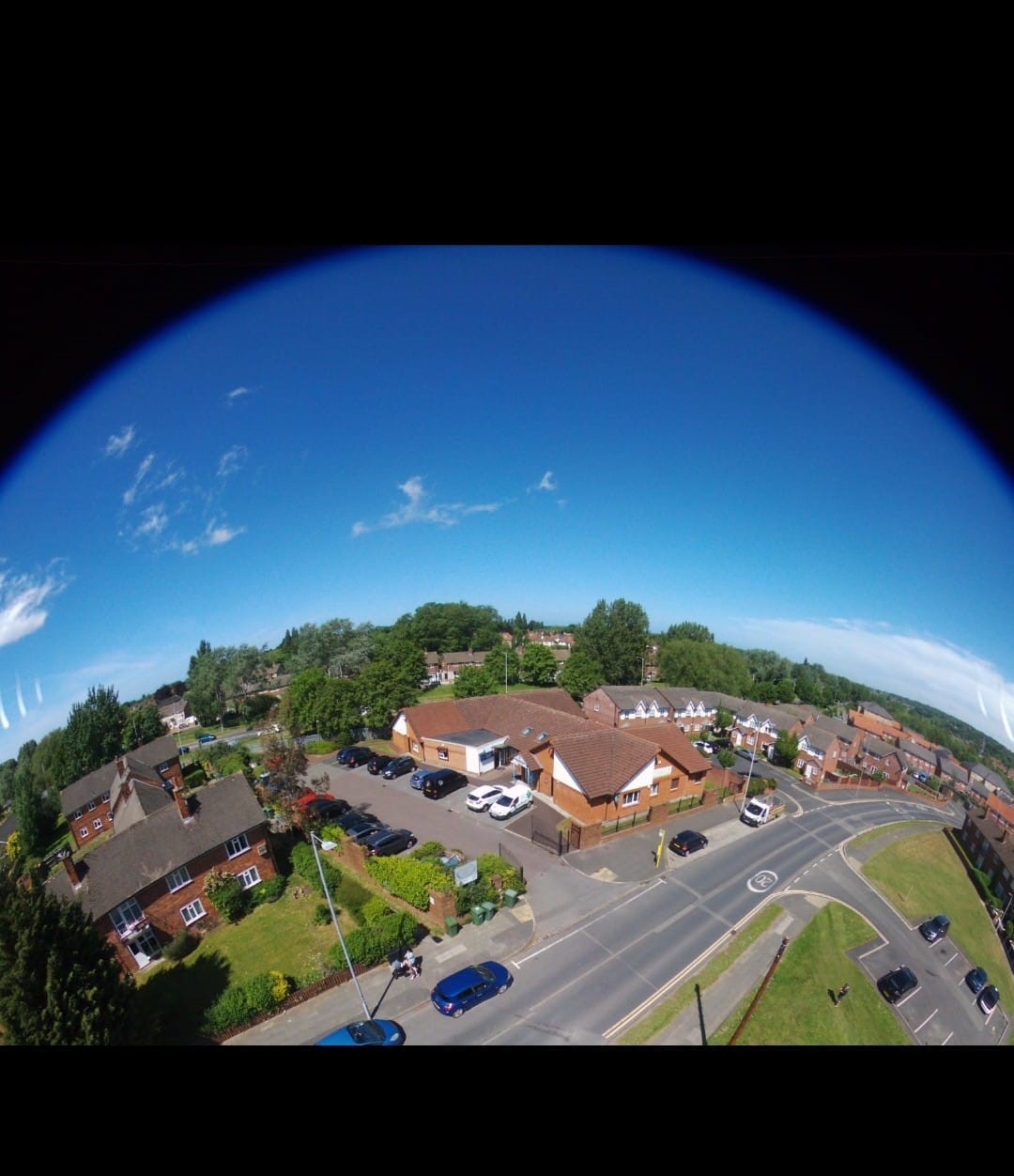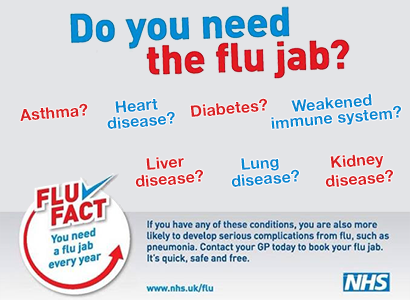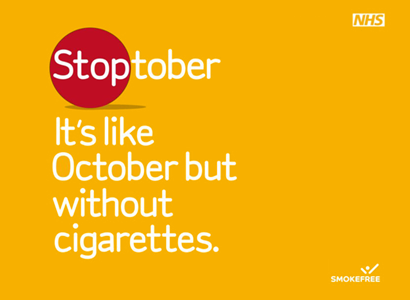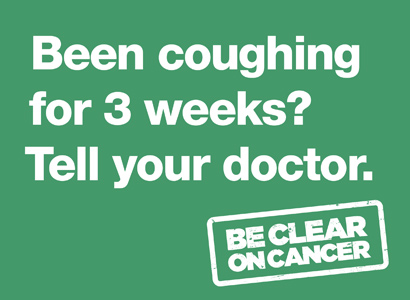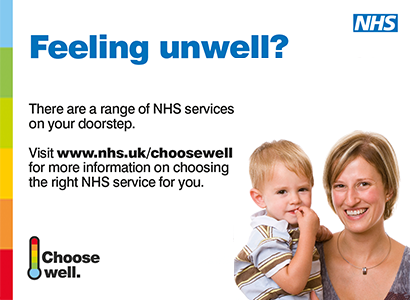This information briefly explains why the NHS collects information about you, and how this information could be used.
Your doctor and the team of health professionals caring for you keep records about your health and any treatment and care you receive from the NHS. These records help make sure you receive the best possible care.
Records may be written down (manual) or held on a computer (electronic), and may include:
- Basic details about you, such as address and next of kin
- Contact we have had with you, such as clinic visits
- Notes and reports about your health
- Details and records about your treatment and care
- Results of investigations, such as laboratory tests, x-rays
- Relevant information from other health professionals, relatives or those who care for you and know you well
Your records are used to guide and administer the care you receive. The information in your records may be used to help protect the health of the public and to help us manage the NHS. Information may be used for a clinical audit to monitor the quality of the service provided.
Some of this information will be held centrally and used for statistical purposes. When we do this, we take strict measures to ensure that individual patients cannot be identified.
In addition, the NHS maintains a number of registers for diseases, such as cancer, to allow the NHS to plan the services it provides. These registers are used to monitor the effectiveness of treatments and therefore improve the outcomes for specific conditions over time.
How do we maintain the confidentiality of your records?
Everyone working for the NHS has a legal duty to keep information about you confidential. Anyone who receives information from us has a legal duty to keep it confidential.
Who are our partner organisations?
We may also share your information, subject to strict agreement on how it will be used, with NHS Trusts
- Cheshire & Merseyside Commissioning Support Unit
- Specialist Trusts
- Independent Contractors such as doctors, dentists, opticians, pharmacists
- Private Sector Providers
- Voluntary Sector Providers
- Ambulance Trusts
- NHS England
- Social Care Services (children and adult services)
- Local Authorities
- Education Services
- Fire and Rescue Services
- Police
- Other justified ‘data processors’
We will only pass information about you to them if they have a genuine need for it, or we have your permission or consent to do so.
What does the law require?
The law requires us to report certain information to the appropriate authorities. We do this only after a qualified health professional has given formal permission
The law strictly controls the sharing of some types of very sensitive personal information. We will not disclose your information to third parties without your permission unless there are exceptional circumstances, such as when the health or safety of others is at risk or if the law requires us to pass on information.
How do we use your records to help you?
Your records are used to guide and administer the care you receive to ensure that:
Your doctor, nurse or other healthcare professional involved in your care have accurate and up-to-date information to assess your health and decide what care you need when you visit in the future
There is a good information base for health professionals to assess the type and quality of care you have received
Your concerns can be properly investigated should you need to raise a complaint
We can also ensure that full information is available if you see another doctor, or are referred to a specialist or another part of the NHS.
How do we use your records to help others?
The information in your records may be used to help protect the health of the public and to help us manage the NHS, by:
- Making sure our services can meet patient needs in the future
- Reviewing the care we provide to ensure it is of the highest standard
- Paying your GP, dentist and hospital for the care they provide
- Investigating incidents, complaints and legal claims
- Reporting issues of patient safety
- Helping with health research and development
- Preparing statistics on NHS performance
- Auditing NHS accounts and services
- Auditing or administering public funds
Research projects are always approved by Local Research Ethics Committees. You will be specifically asked to consent for any research project in which you participate.
Can you access your health records?
The Data Protection Act 1998 allows you to find out what information about you is held on computer and in certain manual records, subject to certain conditions. If you want to see your records, you need to make a written request to the NHS organisation(s) where you are being, or have been, treated, or have had contact with.
In certain circumstances, your right to see some details in your health records may be limited to your own interests or for another reason, such as the protection of others.
If you would like to know more about how your information is used you can speak to the person in charge of your care.
You can also speak to your local Patient Advice and Liaison Service (PALS)
Via telephone – 0151 647 4251
Freephone – 0844 880 1500
Via email – [email protected]
Via post – PALS Wirral Information Resource for Equality and Diversity Ltd (WIRED)
Unit 7, Wirral Business Park, Arrowe Brook Road, Upton, Wirral CH49 1SX
Or you can send an email to NHS Wirral CCG PALS via our in touch email address [email protected] (any concerns we receive by post or on any other number are passed to PALS at Wired for investigation).
